>>
>>
In the province, there are currently 4 one-member limited liability forestry companies and 2 forestry farms, managing a total forestry land area of over 8,300 hectares, and these are all state-owned units. However, for many years, the production and business activities of these units have only been enough to support the apparatus and pay social insurance for workers. In particular, the 2 forestry farms have been operating at a loss, in debt for a long time, and have lost their ability to pay.
There are many reasons, but these units are all the same: due to low capital of the owner and not being able to borrow long-term preferential loans to plant production forests; land encroachment and disputes; natural disasters and epidemics reduce the quality of many forests; prices of planted forest wood are unstable; the capacity and qualifications of management staff do not meet requirements; some mechanisms and policies are not consistent and not suitable to reality...
Through studying the operating model of Ngoi Lao Forestry One Member Co., Ltd., it is known that the Company has to pay annual land rent for over 1,550 hectares, but in reality, the land for growing forests is only about 1,200 hectares, the rest is disputed land, ditches, and exposed rocks that cannot be used for growing forests. Meanwhile, the equity is only over 2.5 billion VND, so borrowing long-term capital for planting forests and processing wood is difficult.
In addition, unfavorable weather conditions such as whirlwinds, hail, flash floods, landslides, and pests and diseases destroy tens of hectares of forest each year, greatly affecting forest quality. At many times, the Company had to sell at a loss or could not sell wood due to sharp price drops, processing factories operating at a standstill, and unstable purchasing.
To date, the total forest land area assigned by forestry companies is nearly 5,400 hectares, the remaining more than 2,900 hectares are forest land handed over to localities, disputed land and encroached land, notably the ratio of disputed land and encroached land is up to nearly 20% of the total forest land area under management. In reality, the management and use of land by forestry companies is mainly assigned to households living in the area through forest planting contracts, sharing products according to signed agreements. However, all risks are transferred to the contracted households.
Therefore, when the contracted households encountered difficulties, it led to difficulties for forestry companies and forestry farms. Forestry companies and forestry farms in the province all owed billions of dong in land rent; production and business activities were ineffective, with losses lasting for many years; 2 forestry farms almost stopped operating, unable to pay debts but had not been dissolved.
To remove difficulties for forestry companies and forestry farms, create changes in management methods and corporate governance; improve efficiency, link rights with responsibilities in land and forest resource use. Yen Bai province has arranged, merged and converted the form of operation of a number of forestry farms; including converting to the form of state-owned forestry limited liability companies. The result has been the merger of Van Chan Forest Farm into the Mu Cang Chai District Protection Forest Management Board; and the conversion of Tram Tau Forest Farm into the Tram Tau District Protection Forest Management Board.
Converting the forest farms into 4 forestry single-member LLCs, but the methods of organizing activities, production management and business administration of forestry companies in Yen Bai province have not changed significantly. The conversion has been prolonged, affecting the ideology and psychology of workers, while the actual conversion from within still has many limitations, leading to hindering the development and affecting the business efficiency of the Company.
To achieve the goal of restructuring agricultural and forestry companies, in the coming time, it is necessary to strengthen inspection and examination of land management and use of forestry companies and related localities; thoroughly handle land backlogs and disputes originating from forestry farms and forestry companies. In particular, thoroughly handle the situation of overlap, disputes, and encroachment, resolutely reclaim unused forestry land or ineffective land use, and land used for improper purposes.
Companies need to innovate and develop, improve operational efficiency; focus on timely, effective and decisive handling of land disputes and encroachment, and prevent complicated complaints. At the same time, continue to request the Government , ministries and branches to study and perfect mechanisms and policies on arrangement, innovation and development, and improve operational efficiency of agricultural and forestry companies; perfect legal regulations on the model of limited liability companies with two or more members; mechanisms and policies on corporate finance; support policies from the central budget to resolve financial problems for dissolved forestry farms that are unable to pay; policies on exemption and reduction of land rent for the forestry production sector; have policies to support preferential loans for planting, caring for and protecting forests...
Forestry companies research to improve crop varieties and intensify plantations, using high-yield, high-quality varieties to serve the development of production forests. At the same time, invest in deep processing technology, combine production and processing and consumption of products to form a chain to increase the efficiency of production, processing and consumption of agricultural and forestry products; promptly implement and complete boundary marking, establish cadastral records, issue land use right certificates, and convert land use forms appropriately; and completely resolve disputes and complaints about land between forestry companies, forestry farms, state-owned enterprises and people.
Quang Thieu
Source: https://baoyenbai.com.vn/12/348117/Phuong-an-nao-de-cac-cong-ty-lam-nghiep-hoat-dong-hieu-qua.aspx


![[Photo] Prime Minister Pham Minh Chinh attends the groundbreaking ceremony of Trump International Hung Yen Project](https://vphoto.vietnam.vn/thumb/1200x675/vietnam/resource/IMAGE/2025/5/21/ca84b87a74da4cddb2992a86966284cf)
![[Photo] Prime Minister Pham Minh Chinh receives Rabbi Yoav Ben Tzur, Israeli Minister of Labor](https://vphoto.vietnam.vn/thumb/1200x675/vietnam/resource/IMAGE/2025/5/21/511bf6664512413ca5a275cbf3fb2f65)

![[Photo] Scientific workshop "Building a socialist model associated with socialist people in Hai Phong city in the period of 2025-2030 and the following years"](https://vphoto.vietnam.vn/thumb/1200x675/vietnam/resource/IMAGE/2025/5/21/5098e06c813243b1bf5670f9dc20ad0a)

![[Photo] Determining the pairs in the team semi-finals of the National Table Tennis Championship of Nhan Dan Newspaper](https://vphoto.vietnam.vn/thumb/1200x675/vietnam/resource/IMAGE/2025/5/21/eacbf7ae6a59497e9ae5da8e63d227bf)

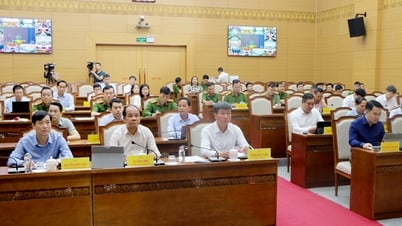

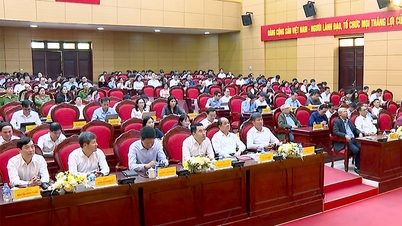


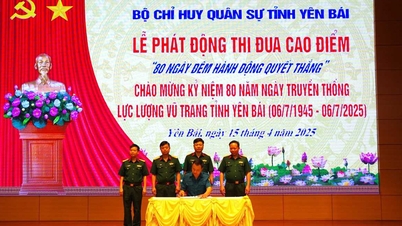
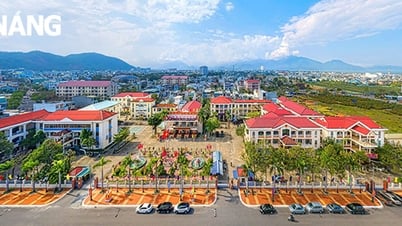






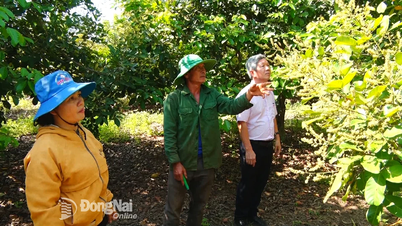

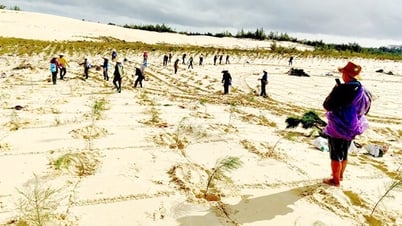




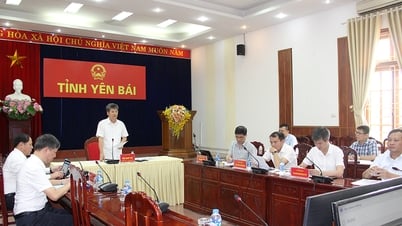
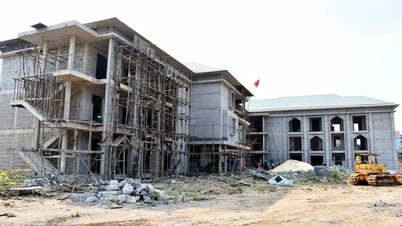

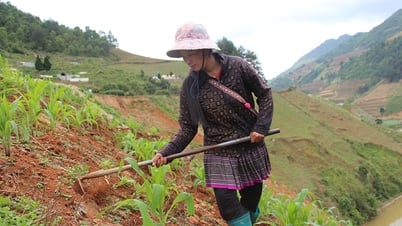


































































Comment (0)